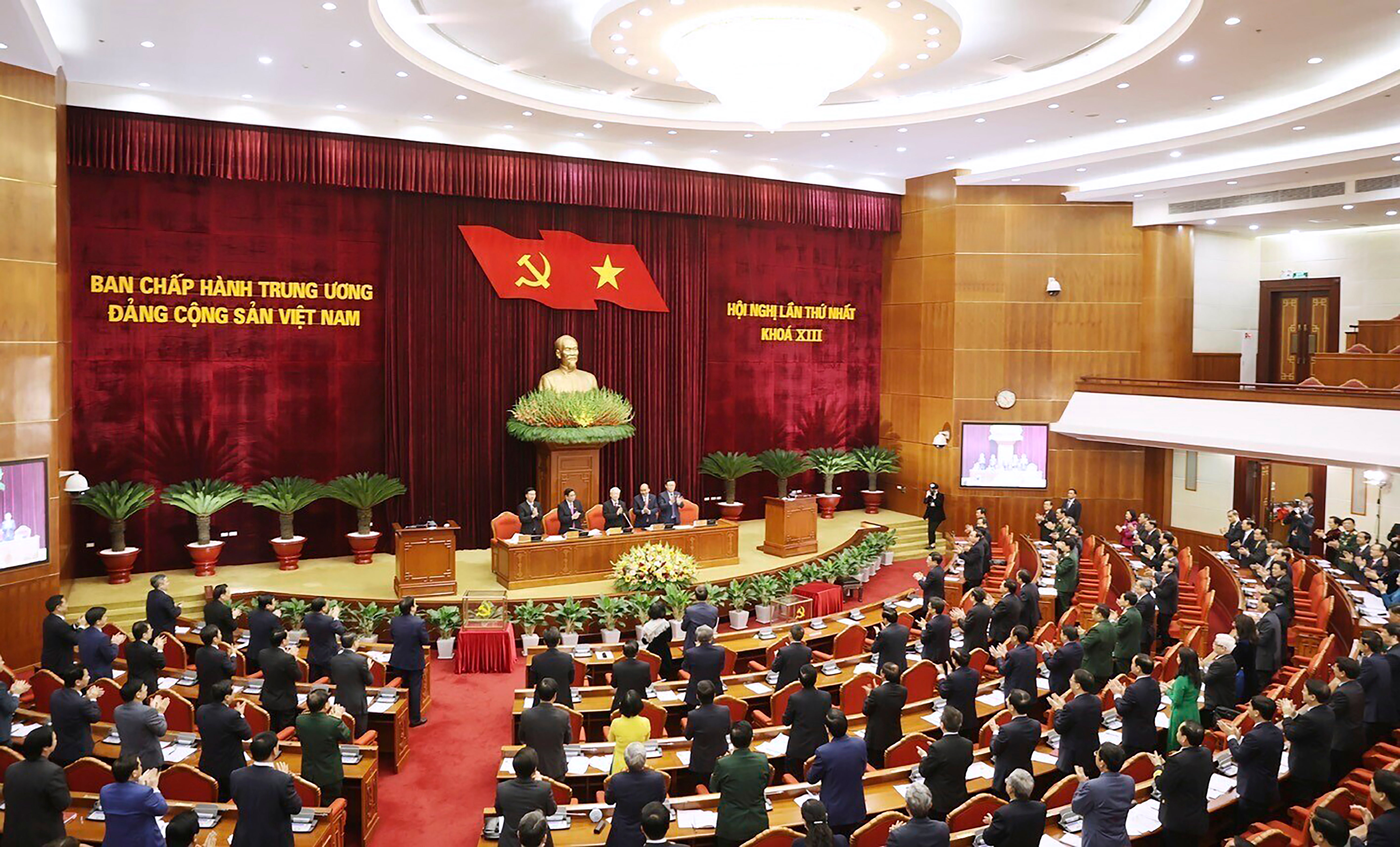Rights group documents extrajudicial harassment in Vietnam
Human Rights Watch says Vietnam’s Communist government routinely obstructs people’s movement and conducts other extrajudicial harassment including house arrest

Your support helps us to tell the story
From reproductive rights to climate change to Big Tech, The Independent is on the ground when the story is developing. Whether it's investigating the financials of Elon Musk's pro-Trump PAC or producing our latest documentary, 'The A Word', which shines a light on the American women fighting for reproductive rights, we know how important it is to parse out the facts from the messaging.
At such a critical moment in US history, we need reporters on the ground. Your donation allows us to keep sending journalists to speak to both sides of the story.
The Independent is trusted by Americans across the entire political spectrum. And unlike many other quality news outlets, we choose not to lock Americans out of our reporting and analysis with paywalls. We believe quality journalism should be available to everyone, paid for by those who can afford it.
Your support makes all the difference.Vietnam’s Communist government routinely obstructs people's movement and conducts other extrajudicial harassment including house arrest in its systematic repression of civil and political rights, Human Rights Watch said in a report Thursday.
“These widely practiced violations of the right to freedom of movement in Vietnam are often overlooked in conventional rights reporting, which often focuses on larger-stake issues such as the prosecution and long-term imprisonment of dissidents, land and labor rights violations, and the suppression of fundamental liberties,” the report said.
Vietnam has said it is fully committed to protecting human rights, but comment on the newly released report was not immediately available from Vietnamese authorities.
Nine cases were highlighted in the report, but New York-based Human Rights Watch said it had documented the blocking of more than 170 individuals in a review of cases from 2004 to 2021.
“The authorities employ rights-abusing tactics such as holding activists in indefinite house arrest, detention when away from home, and bans on leaving the country under fabricated national security grounds,” said Phil Robertson, the organization’s deputy Asia director.
Among the cases highlighted was that of 72-year-old Nguyen Tuong Thuy, an army veteran-turned-activist who took up the cause of prominent political prisoners. “Security agents have harassed, intimidated, assaulted, and arbitrarily detained him, and imposed house arrest and a travel ban,” said the report.
The report cited his description of how authorities treated other activists, including being fired from jobs, evicted from rented homes, physical assaults, theft, vandalism of their homes and interrogations and beatings inside police stations.
Nguyen Tuong Thuy in January last year was sentenced to 11 years in prison on a charge of “making, storing, disseminating, or propagandizing" anti-state information , said Human Rights Watch.
The report said house arrest is carried out by varied methods, including hiring guards to intimidate and gluing locks, and is done preemptively, in anticipation of trouble, coinciding with important holidays, domestic political developments or the trials of political dissidents.
The restrictions on movement also include blocking people from traveling abroad. In addition to travel bans for such activities as attending human rights gatherings, activists have also been blocked from taking personal trips for purposes such as tourism or accompanying a family member for medical treatment, the report said.
It added that international travel bans had also been imposed against family members of rights activists and journalists.
“Vietnamese rights campaigners face severe government repression just because they dare to organize or attend events, or seek to travel for their work,” Robertson said. “Vietnam’s donors and trade partners should recognize this daily repression of free movement and press the government to end these paralyzing practices.”
Vietnam has repeatedly defended its human rights record and notes its participation in the U.N.‘s Universal Periodic Review process, where it defends its record on the subject and can respond to the often-critical comments of other stakeholders, such as non-governmental organizations.
“Viet Nam is fully committed to exerting continual efforts for better protection and promotion of human rights, through building on new institutional, legal and policy progresses, overcoming difficulties, realizing the ‘Enabling Government for the People’ and promoting sustainable development,” it said at its last UPR session in 2019. Reviews are held about every five years.
When Vietnam last year applied to serve on the U.N. Human Rights Council for its 2023-2025 term, Deputy Prime Minister Pham Binh Minh, then also foreign minister, declared that his country continues to “put emphasis on the protection and promotion of all human rights and fundamental freedoms of our people, even in this most difficult of times,” referring to the coronavirus pandemic.